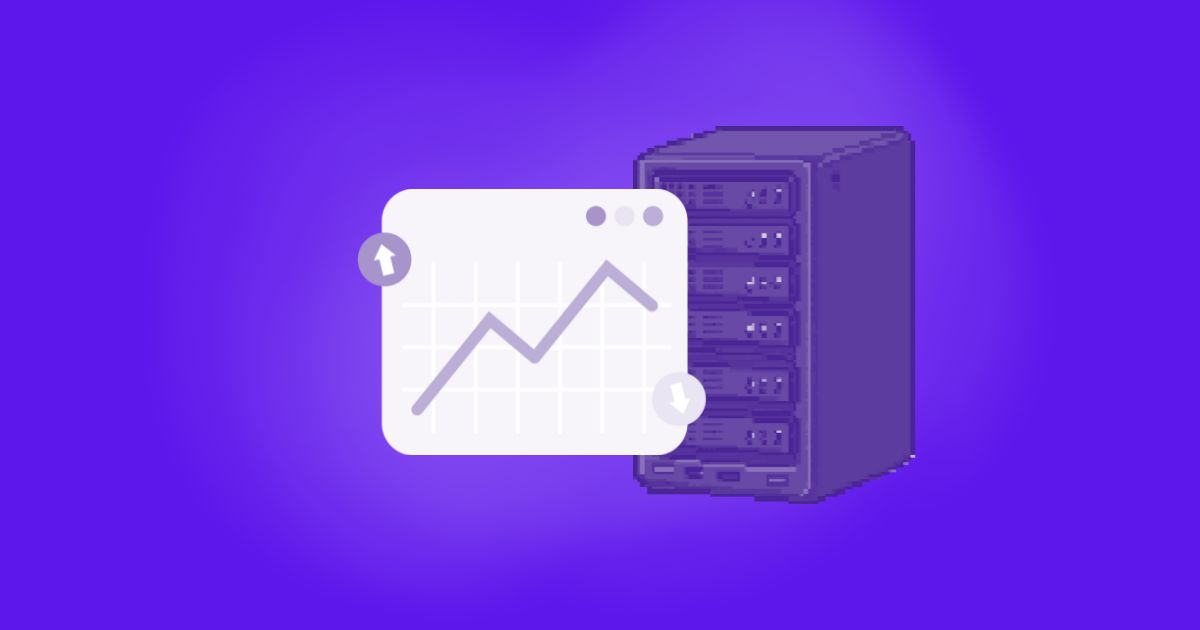In today’s fast-moving world, information is everywhere, and data has become one of the most powerful tools shaping the choices we make. From the way businesses plan their next move to how individuals decide what to buy or where to go, data quietly influences decisions at every level of life. Companies like Walker Analytics demonstrate just how central data has become in guiding smarter, more confident decision-making that affects not just organizations but also the everyday lives of people worldwide.

Data in Daily Life: The Invisible Guide
A majority of the individuals consider data when they imagine spreadsheets, charts, or complicated algorithms. However, it is much more personal than this. Whenever one glances at the weather forecast before getting out of bed, whether comparing prices online before buying a product or even deciding on a new movie according to the suggestions, he or she is depending on the insights provided by data. Such decisions can be minute, but when combined together form trends that affect the sector and determine the way services are to be dispatched.
Take the example of simply going out to buy groceries. Retailers monitor purchasing behavior to change inventory, anticipate demand, and suggest products. Consequently, a shopper can have a higher likelihood of finding the most preferred items in the store or discounts based on their habits. This is information in action, orienting convenience and experience in daily life.
Business Decisions: From Intuition to Evidence
Previously, most business decisions were either made based on intuition or by experience. Although the listed qualities remain relevant, in the contemporary business environment, evidence-based strategies are required. Analytics helps companies detect opportunities in the market, minimize risks, and ensure that their investments are solid. The transformation of the intuition to information has led to more accurate and predictable decision-making.
Indicatively, a firm that introduces a new product does not depend merely on assumptions about what the customers desire. Instead, analytics provides insight into how consumers make their purchases, their spending habits, and trends. This enables businesses to develop products that respond to real needs, rather than making guesses. It minimizes waste, saves time, and helps organizations stay competitive in markets where speed and accuracy are paramount.
Individual Decisions Supported by Information
The growth of analytics not only benefits companies, but individuals also base their decisions on the data they have on a daily basis. Fitness applications track activity and suggest targets according to performance, while financial apps assist in tracking expenses to aid more innovative budgeting. Navigation applications are supported by live traffic information to show commuters the quickest routes.
All these daily engagements provide the picture of how data helps in personal development and productivity. Unaware of it, individuals use information to make decisions about their health, money, and even free time. This dependence on information gradually becomes a routine, and it is essential to emphasize the extent to which analytics can become an integral part of routine.
The Tradeoff of Human and Data Judging
Even though data is strong, it does not replace human judgment. The real power of analytics is that it is able to improve human decision-making and not substitute it. Individuals introduce a sense of context, creativity, and values to the equation, whereas data offers clarity, trends, and predictions. Joint decision-making empowers them to make a stronger and more balanced decision.
Take education as an example. The teachers can also use the analytics to monitor students’ progress and identify areas for improvement; however, their experience and knowledge about each child’s situation can help them utilize the data wisely. With this, analytics plays the role of a guide, something that leads human judgment and not proscribe it.
How Data Shapes the Future
The importance of data in decision-making is bound to increase with further advancements in technology. Predictive modeling and artificial intelligence are already aiding companies to predict trends of consumers with very high accuracy. Governments are also, with the help of analytics, distributing resources in a more efficient manner, and healthcare providers are using the data to create individualized care plans for patients.
In this way, in the future, people can look forward to the support of data-driven considerations in every aspect of life. It may be reducing the environmental footprint by enhancing resource management, improving customer experiences through personalized services, or promoting innovation across various industries, such as transportation and energy. However, in either case, analytics will be at the center of the advancement.
Conclusion
Data might be unseen in everyday living, yet its influence is hard to deny. It has an impact on individual decisions, has empowered companies, and even the way society operates. With a combination of sound judgment and accurate information, decisions are more accurate, intelligent, and efficient. Enterprises like Walker Analytics are highlighting the transformative potential of data when utilized effectively. With the current increased dependency on analytics, this is one thing that has become apparent: the future of decision-making will not only be informed by the gut or randomness, but squarely by the power of information.